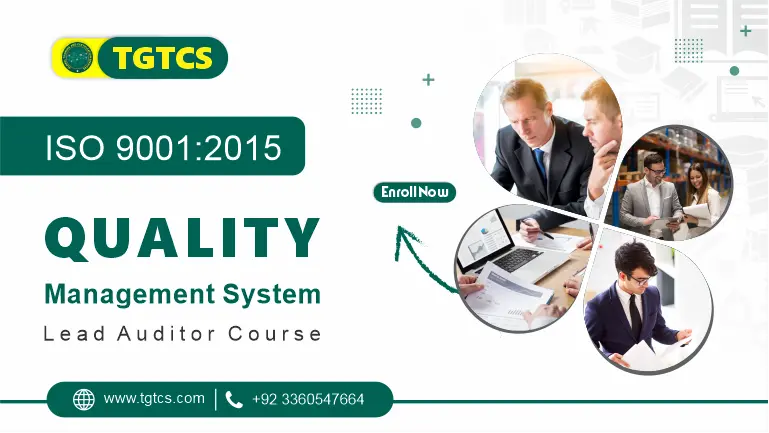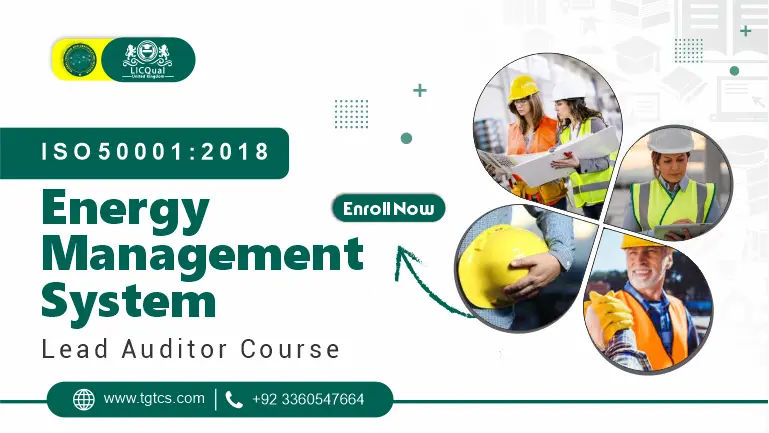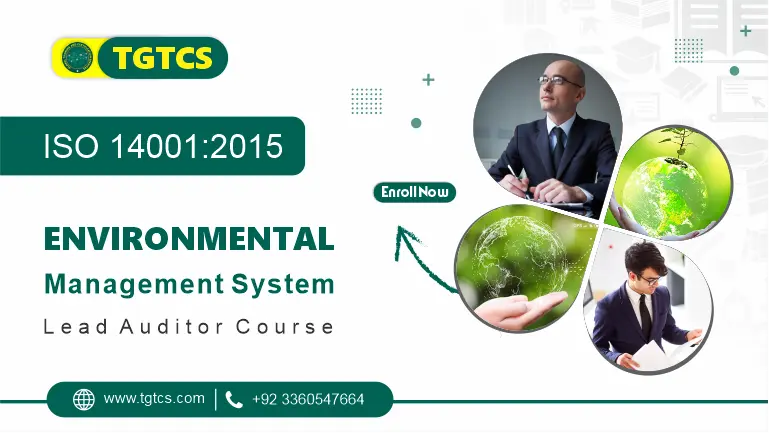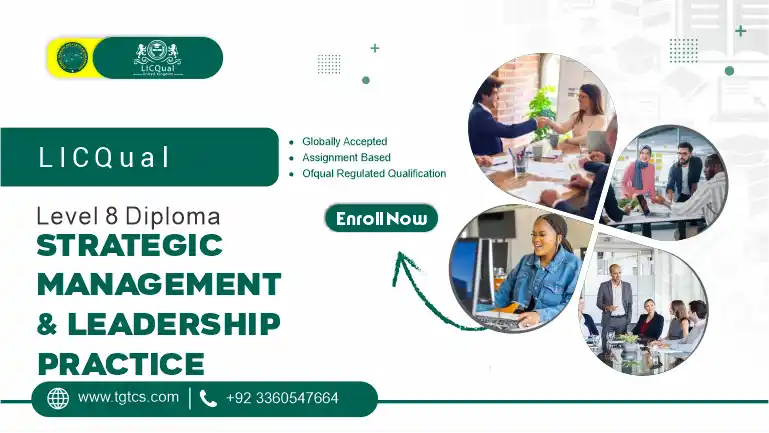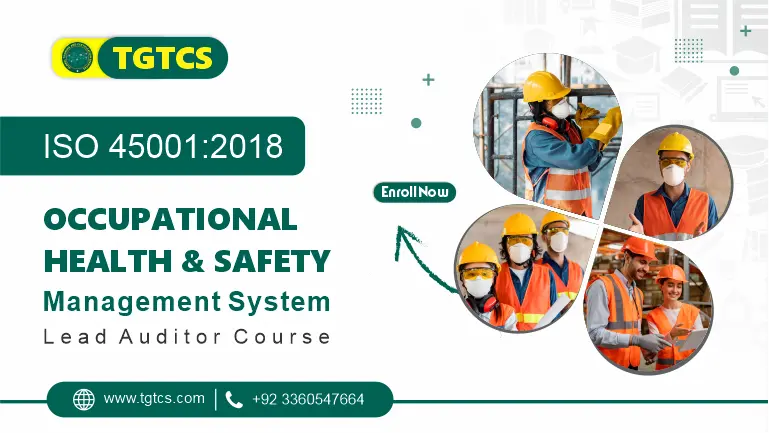ISO 9001:2015 Quality Management System Lead Auditor Course
Elevate Your Business with ISO 9001:2015 Quality Management System
Unlock the gateway to excellence and set your business on a trajectory of success with the ISO 9001:2015 Quality Management System (QMS). Seamlessly blending innovation and efficiency, our QMS empowers your organization to reach new heights of quality and customer satisfaction.
In a competitive business landscape, distinguishing yourself through unparalleled quality is the key to triumph. ISO 9001:2015 QMS provides a robust framework to streamline your processes, enhance customer satisfaction, and achieve operational excellence. Elevate your brand reputation and gain a competitive edge in the market.
Global Recognition: ISO 9001:2015 is an internationally recognized standard, signaling to your clients and partners that you adhere to the highest quality standards on a global scale.
Improved Efficiency: Optimize your operations and reduce inefficiencies by implementing a systematic approach to quality management. Boost productivity and amplify your bottom line.
Customer Confidence: Gain the trust of your customers by showcasing your commitment to delivering products and services of exceptional quality. Increase customer loyalty and foster long-term relationships.
Risk Mitigation: Identify and mitigate risks effectively, ensuring a resilient business model that can adapt to changing market dynamics. ISO 9001:2015 helps you navigate uncertainties with confidence.
Data-Driven Decision Making: Harness the power of data to make informed decisions. Our QMS provides a framework for collecting and analyzing data, enabling you to drive continuous improvement and stay ahead of the competition.
Tailored Solutions for Your Business: Our ISO 9001:2015 QMS is not a one-size-fits-all solution. We understand that each business is unique, and our experts work closely with you to tailor the implementation to your specific needs, ensuring a seamless integration that maximizes the benefits for your organization.
Embark on a Journey to Excellence: Transform your business into a beacon of quality and excellence. Join the ranks of industry leaders who have embraced ISO 9001:2015 QMS and experience the tangible impact on your operations, reputation, and profitability.
Ready to revolutionize your business? Contact us today to embark on your journey to ISO 9001:2015 certification and redefine the future of your organization.
The “ISO 9001:2015 Quality Management System Lead Auditor Course” is a training program designed to equip individuals with the knowledge and skills needed to perform quality management system (QMS) audits according to the ISO 9001:2015 standard. ISO 9001 is an international standard that sets out the criteria for a quality management system and is widely recognized as a benchmark for organizations committed to delivering high-quality products and services.
The lead auditor course focuses on developing the expertise necessary to lead and manage QMS audits effectively. Participants learn about the key principles and requirements of ISO 9001:2015, including aspects such as leadership commitment, risk-based thinking, process approach, and continuous improvement.
Key components of the course typically include:
- Understanding ISO 9001:2015: Participants gain a comprehensive understanding of the ISO 9001:2015 standard, its structure, and its requirements.
- Audit Principles and Techniques: The course covers audit principles and techniques, including planning and conducting audits, gathering evidence, and reporting findings.
- Audit Documentation: Participants learn how to create audit documentation, including checklists, reports, and other relevant records.
- Communication Skills: Effective communication is emphasized, as auditors need to interact with various stakeholders during the audit process.
- Audit Role-Playing: Practical exercises and role-playing scenarios are often included to simulate real-world audit situations and enhance participants’ audit skills.
- Lead Auditor Responsibilities: The course addresses the specific responsibilities of a lead auditor, including managing audit teams, communicating with top management, and ensuring the effectiveness of the audit process.
Successful completion of the course, often assessed through examinations and practical assessments, may lead to certification as an ISO 9001:2015 QMS Lead Auditor. This certification is recognized globally and demonstrates an individual’s competence to plan, conduct, and manage QMS audits in accordance with international standards. The skills acquired in this course are valuable for professionals involved in quality management, auditing, and those responsible for ensuring compliance with ISO 9001:2015 within their organizations.
Course benefits of ISO 9001:2015 QMS are as follow:
- Global Recognition and Credibility:
- Attain internationally recognized certification, enhancing your organization’s global reputation.
- Establish credibility with customers, partners, and stakeholders, showcasing your commitment to quality.
- Enhanced Operational Efficiency:
- Streamline processes and operations, leading to increased efficiency and productivity.
- Identify and eliminate redundancies, reducing waste and saving valuable resources.
- Customer Satisfaction and Loyalty:
- Implement customer-focused processes to consistently meet and exceed expectations.
- Foster customer loyalty through a commitment to delivering high-quality products and services.
- Risk Management and Compliance:
- Develop a robust risk management system to proactively identify and mitigate potential issues.
- Ensure compliance with legal and regulatory requirements, reducing the risk of fines or penalties.
- Improved Decision-Making:
- Access better data for decision-making through systematic data collection and analysis.
- Empower leadership with insights into organizational performance for strategic decision-making.
- Employee Engagement and Empowerment:
- Involve employees in the quality management process, fostering a culture of continuous improvement.
- Empower staff with the skills and knowledge to contribute to the organization’s success.
- Cost Savings and Resource Optimization:
- Identify cost-saving opportunities through efficient resource utilization.
- Minimize waste and rework, leading to significant financial savings in the long run.
- Competitive Advantage:
- Gain a competitive edge in the marketplace by demonstrating a commitment to quality.
- Attract new customers and business partners who prioritize working with quality-driven organizations.
- Adaptability and Innovation:
- Foster a culture of innovation by encouraging continuous improvement and creativity.
- Enhance adaptability to changing market conditions through a flexible and responsive quality management system.
- Enhanced Supplier Relationships:
- Strengthen relationships with suppliers by aligning processes and expectations.
- Collaborate with suppliers to ensure the consistent delivery of high-quality inputs.
- Continuous Improvement Culture:
- Instill a culture of continuous improvement throughout the organization.
- Encourage employees at all levels to contribute ideas and innovations for ongoing enhancement.
- Leadership Development:
- Develop strong leadership skills by understanding and implementing effective quality management principles.
- Equip leaders with the tools to drive organizational success through a commitment to quality excellence.
Learning outcomes for ISO 9001:2015 Quality Management System (QMS) are as follow
Understanding ISO 9001:2015 QMS
- Mastery of QMS Fundamentals:
- Grasp the core principles of ISO 9001:2015, gaining a comprehensive understanding of Quality Management Systems.
- Navigating QMS Documentation:
- Develop proficiency in interpreting and navigating the documentation requirements, ensuring clarity in QMS implementation.
- Effective Process Mapping:
- Acquire the skill to map and analyze processes, optimizing workflows for enhanced efficiency and quality.
Implementing ISO 9001:2015 QMS
- Practical Implementation Skills:
- Gain hands-on experience in implementing ISO 9001:2015 QMS standards within real-world organizational contexts.
- Risk-Based Thinking:
- Learn the art of risk-based thinking, enabling proactive identification and mitigation of potential issues.
- Auditing Excellence:
- Develop auditing skills to systematically assess and improve QMS processes, ensuring continuous enhancement.
Ensuring Compliance and Improvement
- Compliance Assurance:
- Master the techniques to ensure continual compliance with ISO 9001:2015 requirements, fostering a culture of adherence.
- Performance Metrics and KPIs:
- Understand the importance of key performance indicators (KPIs) in measuring and improving QMS effectiveness.
- Root Cause Analysis:
- Acquire proficiency in root cause analysis, a crucial skill for identifying and addressing the underlying causes of non-conformities.
Leading QMS Teams
- Leadership in Quality Management:
- Develop leadership skills to inspire and guide teams toward the successful implementation and maintenance of ISO 9001:2015 QMS.
- Communication Excellence:
- Enhance communication skills to effectively convey the importance of QMS throughout the organization, fostering a quality-focused culture.
- Continuous Improvement Mindset:
- Cultivate a mindset of continual improvement, instilling the belief that quality is an evolving journey rather than a destination.
Ensuring Customer Satisfaction
- Customer-Centric Approach:
- Embrace a customer-centric mindset, understanding and exceeding customer expectations through effective QMS implementation.
- Feedback Utilization:
- Learn how to effectively use customer feedback as a valuable resource for refining and improving QMS processes.
- Customer Relationship Management:
- Develop skills to build and maintain positive customer relationships through the delivery of high-quality products and services.
By the end of this learning experience, participants will be equipped with the knowledge and skills needed to not only meet but exceed ISO 9001:2015 QMS standards, fostering a culture of continuous improvement and customer satisfaction.
The ideal learner in the context of ISO 9001:2015 Quality Management System (QMS) possesses the following attractive qualities:
- Passionate Pursuit of Excellence:
- Demonstrates a fervent commitment to achieving and maintaining the highest standards of quality.
- Strives for continuous improvement in processes, products, and services.
- Proactive Problem Solver:
- Anticipates challenges and actively seeks innovative solutions.
- Takes initiative to address potential issues before they escalate.
- Adaptability and Resilience:
- Embraces change with enthusiasm, adapting seamlessly to evolving QMS requirements.
- Displays resilience in the face of setbacks, using them as opportunities for growth.
- Detail-Oriented Focus:
- Pays meticulous attention to detail in all aspects of QMS implementation and compliance.
- Recognizes the importance of precision in maintaining quality standards.
- Collaborative Team Player:
- Works effectively within a team, fostering a collaborative environment.
- Values diverse perspectives and actively contributes to collective success.
- Thirst for Knowledge:
- Engages in continuous learning about ISO 9001:2015 standards and best practices.
- Proactively seeks out opportunities for professional development.
- Effective Communication Skills:
- Clearly communicates QMS principles and objectives to all stakeholders.
- Listens actively to feedback and ensures open lines of communication for improvement.
- Ethical and Integrity-Driven:
- Operates with the highest ethical standards, promoting integrity in all QMS activities.
- Upholds honesty and transparency as foundational principles.
- Results-Driven Focus:
- Sets and pursues measurable goals aligned with ISO 9001:2015 standards.
- Monitors and evaluates performance metrics to ensure continuous improvement.
- Customer-Centric Mindset:
- Prioritizes customer satisfaction and consistently seeks ways to enhance customer experience.
- Understands and anticipates customer needs in alignment with ISO 9001:2015 requirements.
- Leadership Potential:
- Exhibits leadership qualities by inspiring others to embrace the QMS philosophy.
- Takes ownership of QMS initiatives and leads by example.
- Technologically Savvy:
- Utilizes technological tools and advancements to enhance QMS efficiency.
- Embraces digital solutions for data management, analysis, and reporting.
By embodying these qualities, the ideal learner not only ensures compliance with ISO 9001:2015 standards but also contributes to a culture of quality excellence within the organization.
Mandatory Unit
- Introduction to Quality Management Systems and ISO 9001:2015
- Audit Principles
- Conducting an Audit
- Reporting and Follow-up
- Audit Program Management
- Certification Process
Course Overview
Duration
5 Days Online Training
Awarding Body
LICQual
ACS-GP
IPQI
CQI-IRCA
